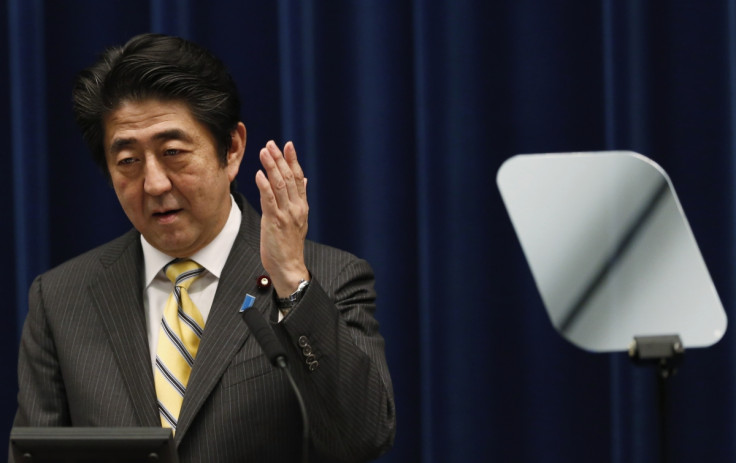Japan to Cut Corporate Tax Rate as Part of Abe's 'Third Arrow' of Reforms

Japan is planning to cut its sky-high corporate tax rates in several stages from 2015, when Prime Minister Shinzo Abe commences his "third arrow" of reforms.
The Asian economy would reduce its corporate tax below 30% from the current rate of about 36% for large Japanese companies – one of the highest among industrialised nations.
The plan will be carried out in phases. Details about the implementation of the tax cut will be revealed later by the prime minister's office.
The move is part of Abe's third arrow of reforms announced on 24 June.
When Abe took office 18 months ago, Japan was in a crisis with deflation that has lasted for about two decades. Even before his election as prime minister, Abe pledged to undertake ultra loose economic measures to end deflation and shore up the economy.
His strategy, dubbed Abenomics, involves three arrows of economic reforms.
The first two arrows were implemented in 2013, involving ultra loose fiscal and monetary easing.
Earlier, the Bank of Japan's aggressive quantitative monetary easing policy, through monthly bond purchases, resulted in the weakening of the yen against the US dollar – an advantageous situation for Japanese exporters.
The third arrow includes policies aimed at long-term economic growth.
In addition to corporate tax cut, Japan plans to reform its $1.26tn (£740m, €927m) Government Pension Investment Fund in order to allow riskier investments such as equities.
The loss of revenue due to the corporate tax cut is expected to be covered by the previously announced sales tax hike.
In April, the country increased its sales tax for the first time in 17 years from 5% to 8%. The government is planning to raise the rate further to 10% in October 2015.
© Copyright IBTimes 2025. All rights reserved.





















